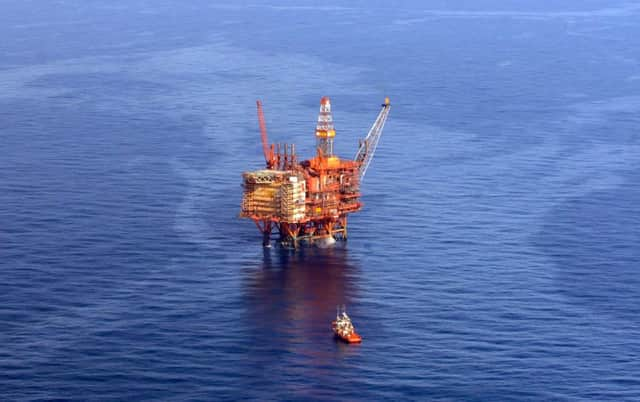Scotland remains in the red while the outlook depends on North Sea oil


Scotland is worse off relative to the UK, with the deficit being equivalent to 8.1 per cent of Scotland’s GDP, whereas it equates to 5.6 per cent of GDP for the UK. It is possible to project forward Scotland’s position, as well as its position relative to the UK, using data published by the Office for Budget Responsibility and applying typical Scottish shares of onshore and off-shore taxes and public expenditure. This suggest a further worsening of Scotland’s fiscal balance in 2014-15, due to another big fall in North Sea tax revenues, for which most of the data for that year is already known.
Thereafter, Scotland’s fiscal balance should improve, in line with the UK’s position, although Scotland’s position relative to the UK is projected to remain worse. While the UK is projected to have a small surplus by 2018-19 (assuming austerity cuts remain), Scotland could still be in deficit by over £5bn. Of course, these are only projections and much could happen in the meantime. Oil revenues may recover, although the figures used here are based on oil price projections above current levels. We also await the Scottish government’s revised range of North Sea revenue estimates for future years.
Advertisement
Hide AdAdvertisement
Hide AdGreater powers, post the Smith Commission, could also lead to an improvement in the performance of the Scottish economy. But achieving such higher growth is by no means straightforward, and we are not yet clear how they will be used to produce such an effect.
By and large, the figures discussed above are not new and bodies such as ourselves and the Institute of Fiscal Studies have been publishing similar projections for some time. As such, it is not clear whether they will influence the public’s views on yet more fiscal autonomy, or indeed, independence in the future, or with regards to the upcoming UK and Scottish elections.
• John McLaren is an economist for Fiscal Affairs Scotland
FOLLOW US
SCOTSMAN TABLET AND MOBILE APPS